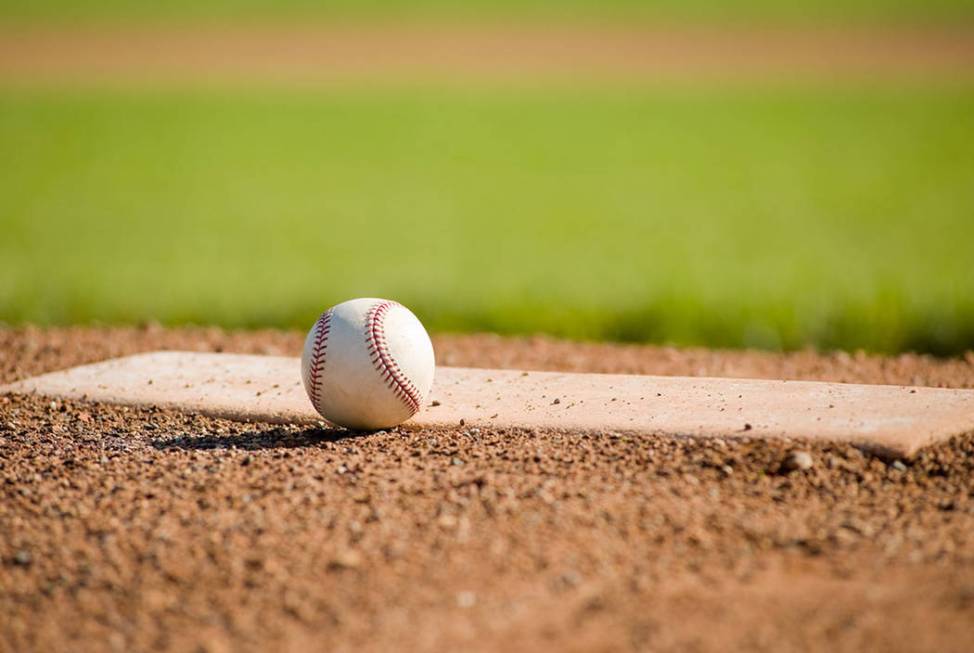Henderson switching to less-thirsty grass for city ballfields

North Las Vegas isn’t the only local government getting paid to take out its thirsty grass.
The Southern Nevada Water Authority board signed off last month on a roughly $1 million rebate for Henderson to convert 10 ballfields to a warm-season turf that uses less water.
The city will receive $1 per square foot through the authority’s Water Efficient Technology Program to replace about 1 million square feet of cool-season fescue grass with a hybrid Bermuda grass that goes dormant in winter, when it only needs to be watered about once a month.
Henderson spokeswoman Kathleen Richards said the change is expected to save 22.4 million gallons of water annually, enough to fill 34 Olympic-sized swimming pools.
But not everyone was happy with the rebate deal.
In his last meeting as a member of the authority board, outgoing Las Vegas City Councilman Bob Coffin voted against the payment to Henderson. He said the city doesn’t need the money, and he questioned whether the conversion will actually produce the predicted water savings.
Coffin said replacing grass with grass is an improper use of conservation funds and “sets a bad example” for valley residents. He also thinks $1 million is way too much to pay to spread some Bermuda grass seeds around.
“There are so many ways it will be a waste of money, it screams for more attention,” Coffin said.
Water authority spokesman Bronson Mack said the rules of the Water Efficient Technology Program were changed in November to encourage municipalities to use less-thirsty grass or replace little-used turf areas with “hardscapes” such as basketball courts or skate parks.
Mack said the incentive program is funded by operational revenue, most of it from the wholesale delivery charge the authority collects for the water it supplies to valley utilities.
The authority’s Water Smart Landscape program, which pays residents and businesses to replace grass with desert plants, is a separate conservation initiative funded mainly with bond revenue, he said.
According to Richards, six of the fields in Henderson will be converted gradually over the next two to three years via the planting of Bermuda seeds. The other four are baseball fields that will have their fescue ripped out and replaced by Bermuda sod this summer so they can be ready for heavy league use in the fall, she said.
Contact Henry Brean at hbrean@reviewjournal.com or 702-383-0350. Follow @RefriedBrean on Twitter.